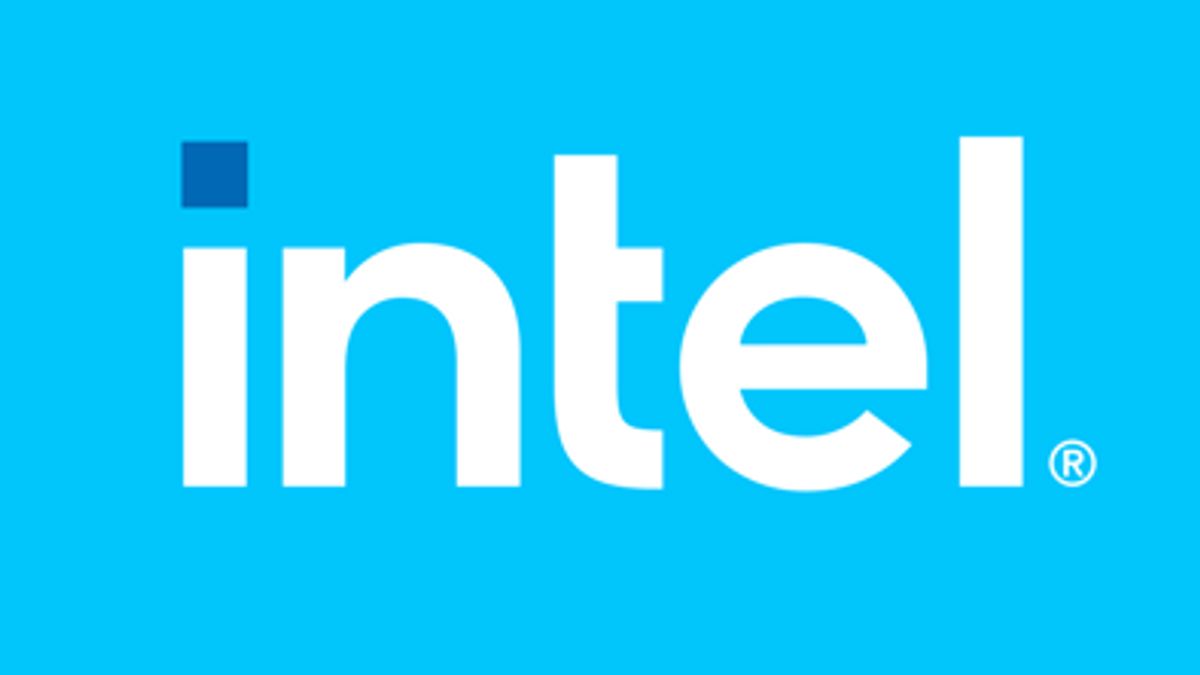JAKARTA - Intel announced on Wednesday 8 May that their sales would decline after the United States revoked part of the chipmaker's export license for customers in China, citing national security.
Intel did not disclose the name of a Chinese customer whose license was canceled in its report to the Securities and Exchange Commission. But Reuters reported on Tuesday 7 May that the US had revoked licenses that would allow companies, including Intel and Qualcomm, to ship chips used for laptops and mobile phones to the sanctioned Chinese telecommunications equipment manufacturer Huawei Technologies.
The launch of Huawei's first laptop, equipped with artificial intelligence (AI) in April, the MateBook X Pro powered by Intel's new Core Ultra 9 processor, came under fire from Republican congressmen, who said it showed that the Commerce Department had given Intel the green light to sell chips to Huawei.
Intel shares fell 2.9% to $29.80 on Wednesday afternoon after the company said it expected revenue for the second quarter to remain in the range of 12.5 billion to $13.5 billion, but below its midpoint. Intel shares have lost nearly 38% so far this year.
Qualcomm also said on Wednesday that one of its export licenses to Huawei had been revoked. But the shares did not change.
"Huawei is a threat," Trade Minister Gina Raimondo said after a congressional hearing on Wednesday. He added that the move was not a policy change.
"Maybe we focus more on AI. So when we learn more about AI capabilities, that's when we have to act," he said. "So if the chips we licensed previously, for example, now we find have AI capabilities, we will revoke the license."
China's Ministry of Foreign Affairs, which has criticized any US efforts to control technology exports to China, said in a statement that it was opposing the move and that the US was "exceeding the concept of national security and abusing export controls to pressure Chinese companies for no apparent reason."
SEE ALSO:
The United States put Huawei on a trade restriction list in 2019 for fear of espionage Americans, as part of a broader effort to harm China's ability to strengthen their military. Joining the list means the company's suppliers must seek special licenses that are difficult to obtain before delivery.
The new restrictions on Huawei are the latest US President Joe Biden's attempt to deny China access to the United States' most sensitive and sophisticated "city" technology in a bid to thwart Beijing.
Biden has used export bans, diplomacy with similar democracies, and other ways to dampen China's rapid technological advances in areas ranging from quantum computing to robotics, even explaining the strategy to Chinese leader Xi Jinping, as a new normal in the era of competition between the two countries and different political systems.
The English, Chinese, Japanese, Arabic, and French versions are automatically generated by the AI. So there may still be inaccuracies in translating, please always see Indonesian as our main language. (system supported by DigitalSiber.id)


















